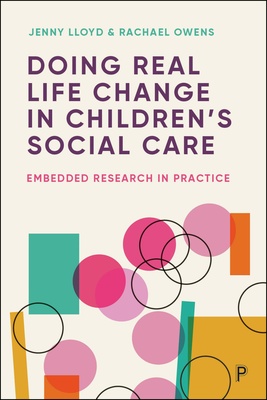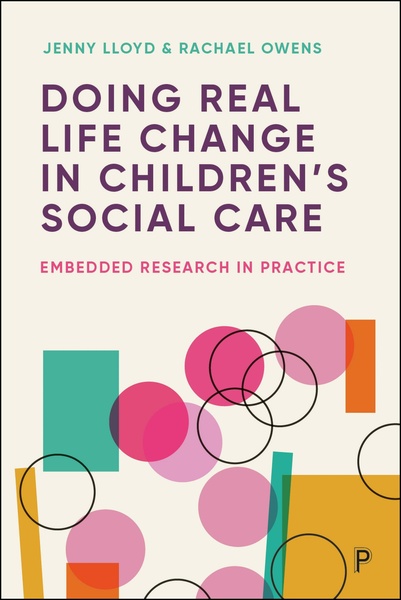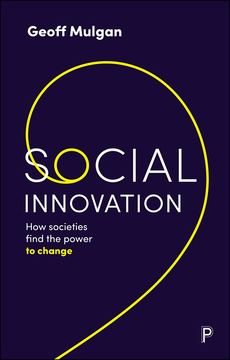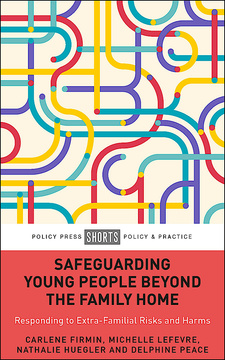Doing Real-Life Change in Children’s Social Care
Embedded Research in Practice
By Jenny Lloyd and Rachael Owens
Published
Mar 31, 2025Page count
208 pagesISBN
978-1447372387Dimensions
216 x 140 mmImprint
Policy PressPublished
Mar 31, 2025Page count
208 pagesISBN
978-1447372394Dimensions
216 x 140 mmImprint
Policy PressPublished
Mar 31, 2025Page count
208 pagesISBN
978-1447372394Dimensions
216 x 140 mmImprint
Policy PressAll too often, human systems are criticised for failing those they are meant to serve. One example is the growing awareness of the overlooked needs of adolescents facing harm in their communities. This has highlighted a need for new systems that enable practice that is ethical, effective and grounded in supportive relationships. But how can this be achieved?
Appealing to those interested in Contextual Safeguarding and beyond, this book shares ‘real-life’ lessons from research, covering:
• Practical guidance and tools for changing systems using embedded methods;
• Navigating complex relationships and emotions in organisational change; and
• Using theory and concepts to support change.
The book’s lively and creative style makes it accessible for researchers, students, professionals and anyone committed to system change in children’s social care.
“Through honest, relatable and beautiful stories, this book makes system change using embedded research feel not daunting, but achievable and exciting.” Cait Jobson, Durham University
“An excellent book in so many ways. Lloyd and Owens write in an engaging and straightforward way throughout, focusing clearly on the multi-layered process required for system change.” Pat Cartney, University of Manchester
Jenny Lloyd is Associate Professor in the Department of Sociology at Durham University. Her research focusses on adolescence harm, using embedded methods to improve system responses with practitioners. She spends her time outside of work getting excited about new hobbies and pursuits.
Rachael Owens is Assistant Professor in the Department of Sociology at Durham University. She brings her social work background to Contextual Safeguarding research, where she values relationships as a way to create change. She loves poetry, moving, singing and swimming outdoors, preferably together.
1. Introduction
Part 1: Methods for understanding and changing children’s social care systems
2. Embedded methods for learning how the system works
3. Methods for actively engaging with the system
4. Developing a plan and making changes
Part 2: Working with relationships, emotion and culture to change children’s social care systems
5. Emotional containment and vulnerability in the change process
6. A relational approach to culture change
7. Giving feedback on ‘bad practice’
Part 3: Theories and learning from doing system change in children’s social care
8. Reasons to be hopeful
9. How theories can help us change systems
10. Conclusion













